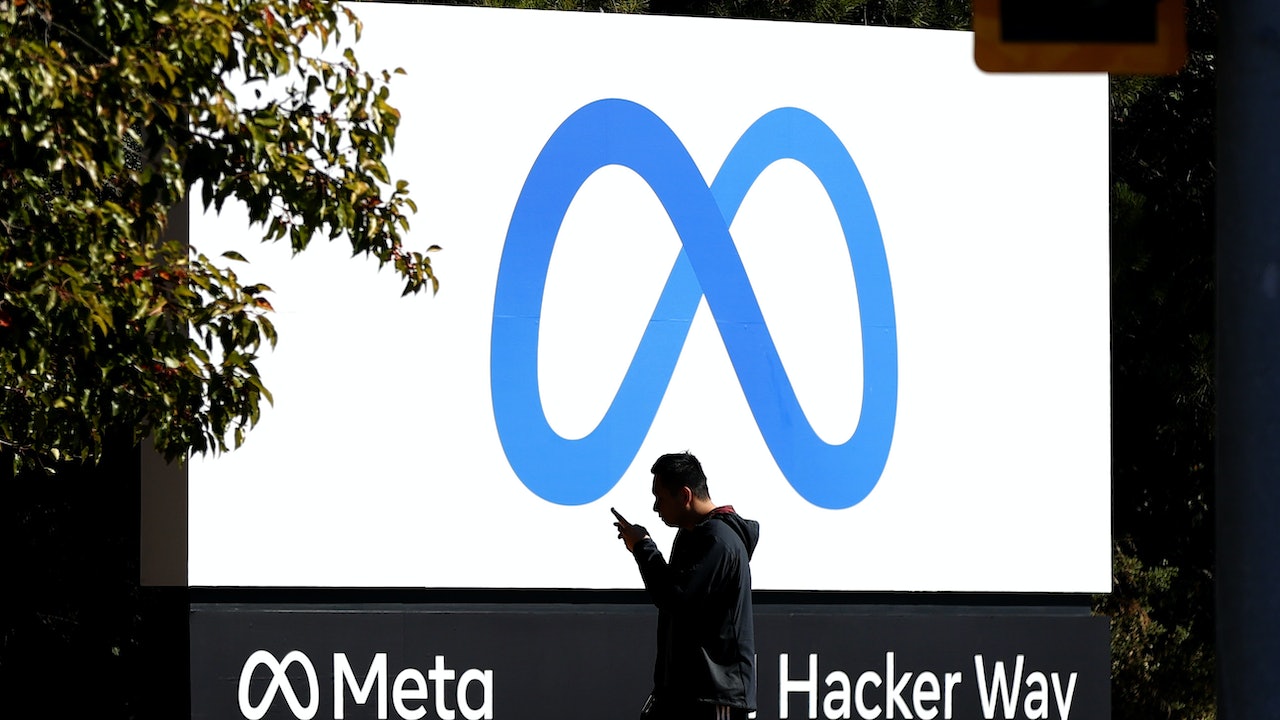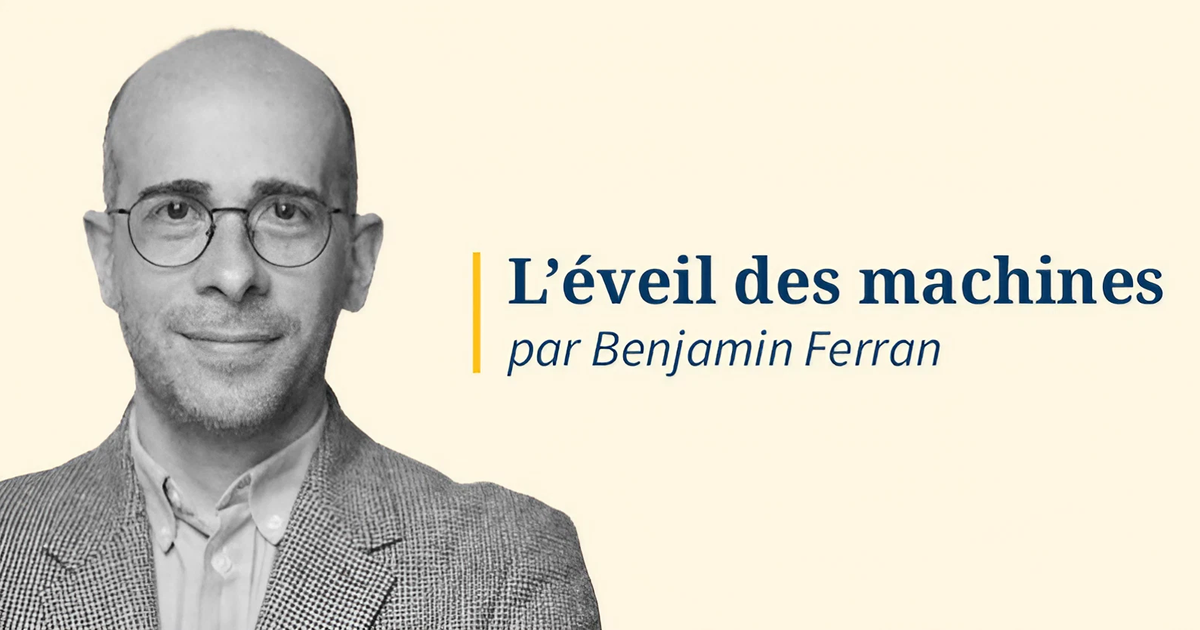With the rise of artificial intelligence (AI) in deep learning in recent years, people have new expectations for the arrival of another "utopia". Take vacation forever and live off the benefits of the government’s “AI tax” on businesses.
On November 22, Meta, formerly known as "Facebook", published its "Cicero" (Cicero) AI's amazing performance in the "Diplomacy" game in the "Science" journal, which is regarded as the development of AI. Another milestone.
Beating humans at various games has also been a symbol of AI progress over the past few decades.
In 1997, IBM's supercomputer "Deep Blue" defeated the world chess champion Garry Kasparov, which shocked the world and completely changed the human chess game today.
In 2016, AlphaGo of DeepMind, a subsidiary of Alphabet, Google's parent company, defeated Korean chess king Lee Sedol in Go, which indirectly contributed to the latter's decision to retire in 2019.
However, "diplomacy" is a fundamentally different problem for AI than chess, or Go, or even the game of StarCraft.
"Diplomacy" is a strategy game invented in 1954. The game divides Europe into 75 provinces. Players build and mobilize armies to occupy provinces until someone controls most of the so-called "supply centers".
The characteristic of the game is that players must use one-on-one "private communication" to try to join forces, establish alliances, or deceive each other, etc.
After communication, each player writes down their actions in a round, and then executes them publicly at the same time.
This set of games requires AI to be able to communicate with other humans in human natural language, and to let others understand their planned actions in human language, and to understand their planned actions from other people's language.
Moreover, due to the existence of human communication characteristics such as deception, this set of AI must also be able to guess from the opponent's words whether the opponent is telling the truth or telling lies, know not to reveal their true intentions to the opponent, and so on.
This probably requires AI to simulate a set of "theory of mind", which can infer what decisions others will make from other people's past actions, other people's communication, other people's predictions about their own actions, etc.
Example of CICERO negotiating with a human player.
(Original image of Meta paper*)
Due to the above-mentioned characteristics, the "diplomatic" game is far more complicated than chess and Go, and it is more troublesome in AI training-Go and the like have obvious rules, and AI training can be carried out through self-simulating chess game drills.
But in the end, Meta's "Cicero" AI achieved amazing results in the online version of "Diplomatic Game": in 40 games, Cicero ranked in the top 10% of all players who played more than one game, and the other The number of points scored was 25.8%, twice the average of its 82 opponents; and in 8 league games with 21 players, Cicero ranked first.
Throughout the experiment, no human player discovered that Cicero was not a human but an AI during the in-game communication, and only one player questioned that Cicero might be a programmed robot in the post-match communication.
Meta said in its blog post that Cicero is a breakthrough in building AI that can negotiate, persuade and collaborate with humans.
We can imagine that if Cicero can be further improved and applied in different fields, many different industries can also be replaced by AI, from customer service personnel on broadband networks to lawyers.
Although the replacement of the industry seems to be a pessimistic future, it is a necessary part of the utopian technology foundation in conjunction with the government's wealth redistribution policy in our "utopia" imagination.
However, according to the analysis of Gary Marcus, an American artificial intelligence scholar and writer, Cicero is indeed amazing in terms of the specific performance of the "diplomacy" game, achieving unprecedented breadth and breadth in the integration of language and action in a dynamic world integration and are capable of complex interactions never before seen with humans.
But can Cicero-like AI really be easily extended to other domains?
Marcus raised two concerns about this.
First of all, Cicero's model structure is very complex, and it is all designed to play the game of "diplomacy", and it is very likely that it cannot be easily copied to other fields.
The general structure of Cicero's AI model is more complicated than this illustration.
(Original image of Meta paper*)
Secondly, since the "diplomacy" game is far more complicated than Go and other games, it is not possible to use the computer to simulate the game for training. The data used for its training often requires human intervention, which is extremely costly.
In order to train Cicero, the Meta team collected 125,300 game records played by humans from the "Diplomacy" game website, including 40,400 conversations, with a total of 12.9 million individual messages; Sending out meaningless, low-quality or no strategic value information when negotiating, Cicero's model also includes an information filtering model, and the training data for this model is also compiled by humans.
At present, if it is pure sentence data, there is a large supply on the Internet, but it is extremely difficult to obtain data similar to the intertwined game state, human communication and human action in "diplomacy".
Fortunately, the relevant data of this game is collected by the online game platform, but does the Broadband Customer Service Department have similar corresponding systematic data collection?
Marcus believes that even if the working model behind AI like Cicero can be used to solve other problems, the specific architecture of Cicero is probably not applicable to solve other problems.
And Cicero's success in the "diplomacy" game also indirectly highlights the limitations of AI: its complex innate structure seems to show that the development of AI is not only to produce larger and larger models, but also its success cannot support a Imagine a single universal program that can be used in all fields.
The success of AI in individual fields cannot be ignored; its achievements in natural language processing are even more amazing, and some people of insight have even drawn the conclusion that AI has a heart from the dialogue with AI.
But we are still very far away from "AI Utopia", and the development of AI may not necessarily develop in the direction of continuously shortening this distance.
*Meta paper link: https://www.science.org/doi/10.1126/science.ade9097
Does Google's AI model have an inner world?
"Species discrimination" or the inevitable chemical weapons crisis outside the Ukraine war|TECHAlphaFold: Can AI solve future pandemics?
|TECH Has the United States launched a new "arms race" for artificial intelligence?
|TECH





